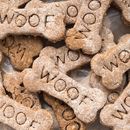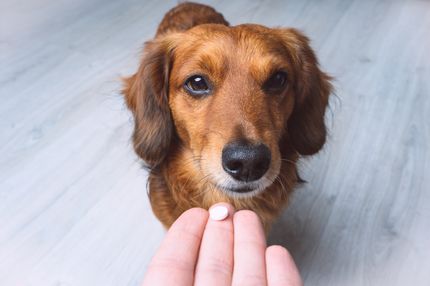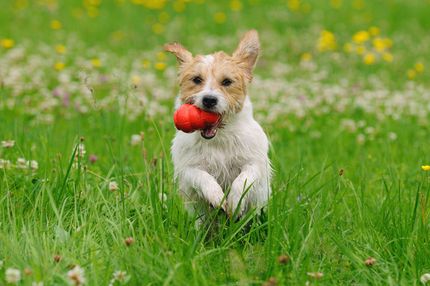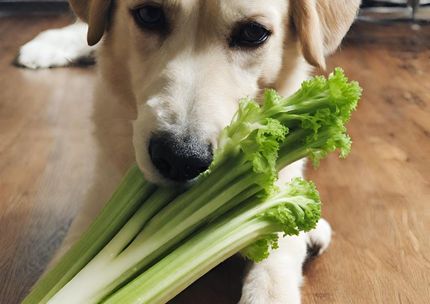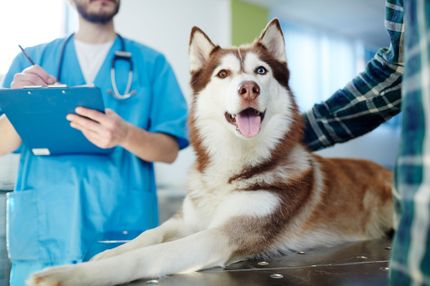Apricots for your dog: Should your four-legged friend eat them?
As a dog owner, you often ask yourself which foods are safe for your four-legged friend and which are not. Today we are going to look at a very special fruit - the apricot. You may have asked yourself,"Are dogs allowed to eat apricots?" In this blog post, we'll answer that question in detail.
What you should know about apricots
Apricots are delicious and healthy fruits that are rich in vitamins, minerals and antioxidants. They offer many health benefits, including improving eye health, aiding digestion and boosting the immune system. But what about your dog? Can dogs also reap the benefits of apricots?
Are apricots safe for dogs?
It's important to understand that not all foods that are safe for humans are safe for dogs. Some may even be toxic to our four-legged friends.
The short answer to the question of whether dogs can eat apricots is yes, but with caution.
Dogs can eat apricots in moderate amounts as long as they are prepared properly. This means that they must be freed from their seeds, stems and leaves. This is because these parts of the apricot contain cyanide, a substance that is toxic to dogs.
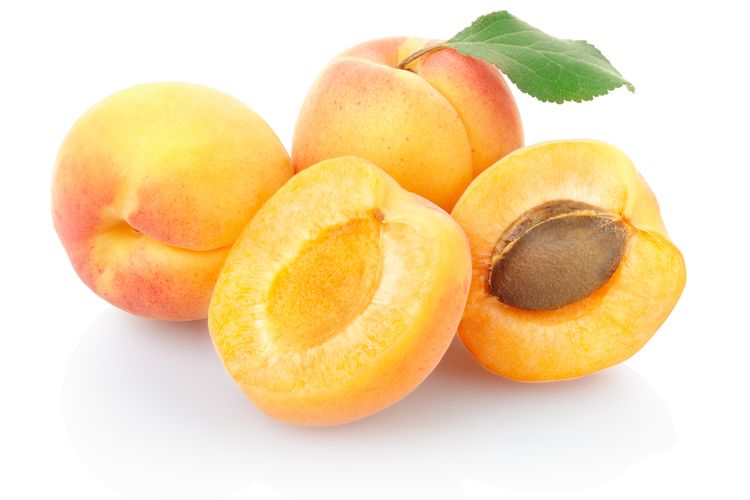
The dangers of apricot seeds, stems and leaves.
Cyanide is a chemical that occurs naturally in certain fruits, including apricots. It is found in apricot seeds, stems and leaves and can be fatal to dogs. If a dog ingests a large enough amount of cyanide, it can lead to cyanide poisoning. Symptoms of cyanide poisoning can include shortness of breath, agitation, diarrhea, vomiting, convulsions, and in the worst cases, death.
Therefore, it is absolutely important that you do not give your dog apricots with seeds, stems or leaves.
Advantages of apricots for dogs
Despite the dangers that apricot seeds and other parts of the apricot pose, the pulp of the apricot can actually be healthy for dogs. It is rich in vitamin A, which is good for your dog's eye health. In addition, apricots contain fiber, which can help support healthy digestion.
But remember, everything in moderation. Even though apricots are healthy, they shouldn't be your dog's main food source.
Tips for feeding apricots to dogs.
- Always remove the seeds, stems and leaves from the apricot. As mentioned earlier, these parts of the apricot contain cyanide and can be toxic to dogs.
- Feed your dog only moderate amounts of apricots. Even though the pulp of the apricot is healthy, overfeeding can cause gastrointestinal distress.
- Monitor your dog after eating apricots. If you notice any signs of discomfort, vomiting or diarrhea, you should seek immediate veterinary attention.
Although apricots are safe for dogs in small amounts and properly prepared, they require careful preparation to ensure your dog does not accidentally ingest parts of the apricot that contain cyanide. If you are unsure or have further questions, don't hesitate to ask your veterinarian for advice.
The most important thing is that you always want the best for your four-legged friend. Therefore, it is important to be well informed and aware of what you are feeding your dog. So stay curious and keep learning to provide the best possible care for your furry friend!





